Introduction Sustainable Development Goal1 (SDG) 4 calls for the international community to “ensure inclusive and equitable quality education and promote lifelong learning opportunities for all”. Education is a fundamental human right. Full access to quality education at all levels is an essential condition for accelerating progress towards the achievement of other SDGs. Recently, the international community has gone a step further in monitoring education by attempting to measure learning. Currently, there is no single approach or best way to monitor learning internationally. However, the rationale to come up with a viable approach to assess learning on a universal basis is growing stronger as the Education for All (EFA) and Millennium Development Goals (MDGs) come to a close and the international community advances towards the SDGs. The focus on the quality of education has led to an emphasis on the measurement of learning outcomes at all levels. The Education 2030 targets highlight that enrolment and participation (e.g. in early childhood development programmes, formal schooling or adult education programmes) are the means to attain results and learning outcomes at every stage. Indicators for global monitoring must emphasize this renewed focus on outcome measures. While the Inter-Agency and Expert Group on Sustainable Development Goal 4 (IAEG-SDGs)2 is in the process of finalizing the list of global monitoring indicators, it is clear today that a cross-national measure of reading and mathematics will be needed.
Author(s): UNESCO Institute for Statistics (UIS)
Year Published: 2016
Language: English
Country: Canada


